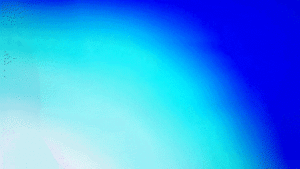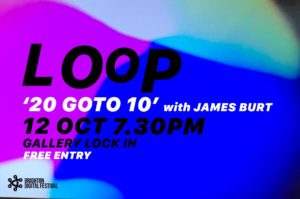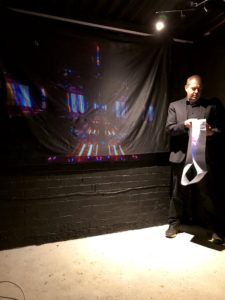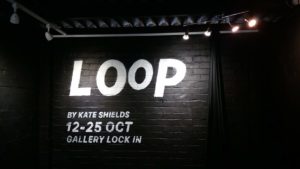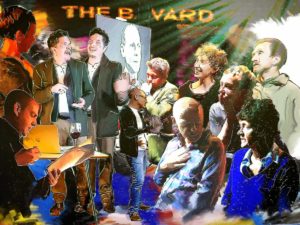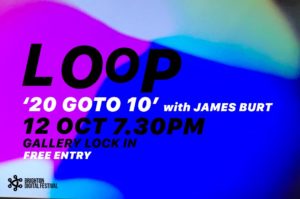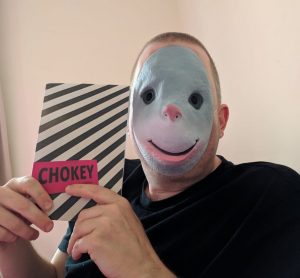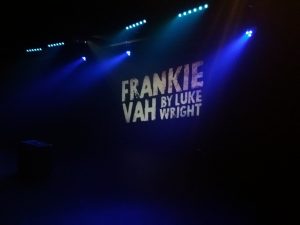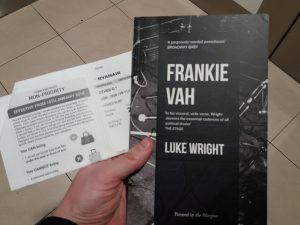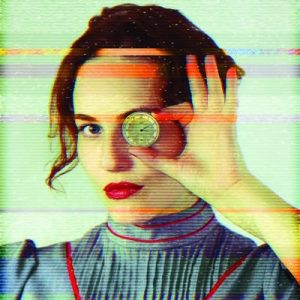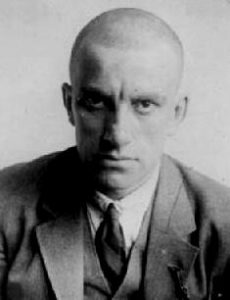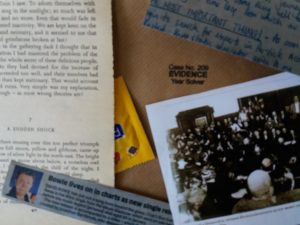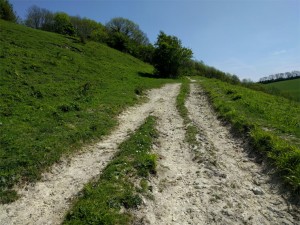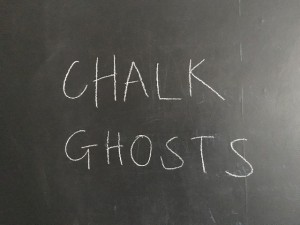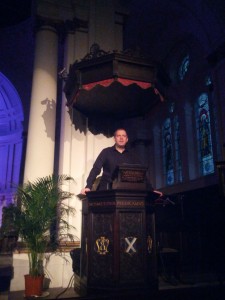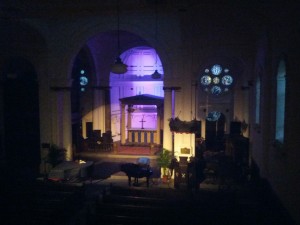I’ve been thinking recently about how performance translates onto streaming and video-conferences, a question raised in Nicholas Berger’s essay, The Forgotten Art of Assembly (linked to in a recent post by Sarah Hymas).
Berger, a theatre artist, describes his feelings at being deluged by online artistic creations at the same time as “stories of mounting death tolls“. He questions aspects of this drive to create, such as how it plays into the ongoing crises in theatre. He also asks about the medium: “Are we not just grabbing at the closest, easiest, most obvious solutions? ‘You know what we normally do? Yeah, just do that, but on Facebook Live.’ “
“There’s a reason theatremakers weren’t staging readings of plays over Zoom two-months ago, it’s the same reason we continue to turn to theatre, even when Hulu programs a bigger season than any off-Broadway theater possibly could.”
Berger goes as far as calling for a pause in theatre, to let things blow over: “Theatre makers don’t need to provide a supply of art that there isn’t a demand for… I promise you Tiger King is more enjoyable than Hedda Gabler on Instagram Live.“
There are issues with Berger’s essay, which I see as a positive thing – it’s more an expression of doubt than an argument. Anna Caldwell wrote a response saying that this explosion of content is to be welcomed. She writes that Berger “makes a meandering argument for the cessation of digital performances because they cannot capture or recreate what makes theater so magical and ephemeral: the art of assembly.” She concludes, “We are allowed to find our own balance.“
There is an error often made online that, just because something is available for everyone, that it is made for everyone. But I like Berger’s question about the sort of art being made. How do you avoid making something that could be as easily recorded and played back? How you maintain presence when that is the thing that has been stripped away? What forms of performance will be maintained when this is over?
I’ve seen some good performance poetry sessions. In a recent one by Apples and Snakes, there was a host and two performing poets, with the host picking out questions from the chat. Luke Wright is also doing a nightly show which feels like a broadcast rather than a recording. The key here is the hosting: all those years dealing with restless and distracted festival audiences comes in useful. Indeed, Luke compared watching people arrive and leave his lifestream to watching audiences drift in and out of a festival tent.
I’ve not watched a lot of zoom performance because of the main problem – that in a period dominated by screens, it’s good to escape the screen in my time off. I’ve loved receiving art by post (including Sarah Hymas’s new piece) which feels real and immediate. But I’m still hoping to see some zoom-native art. Just don’t make it about the bloody pandemic, OK?
